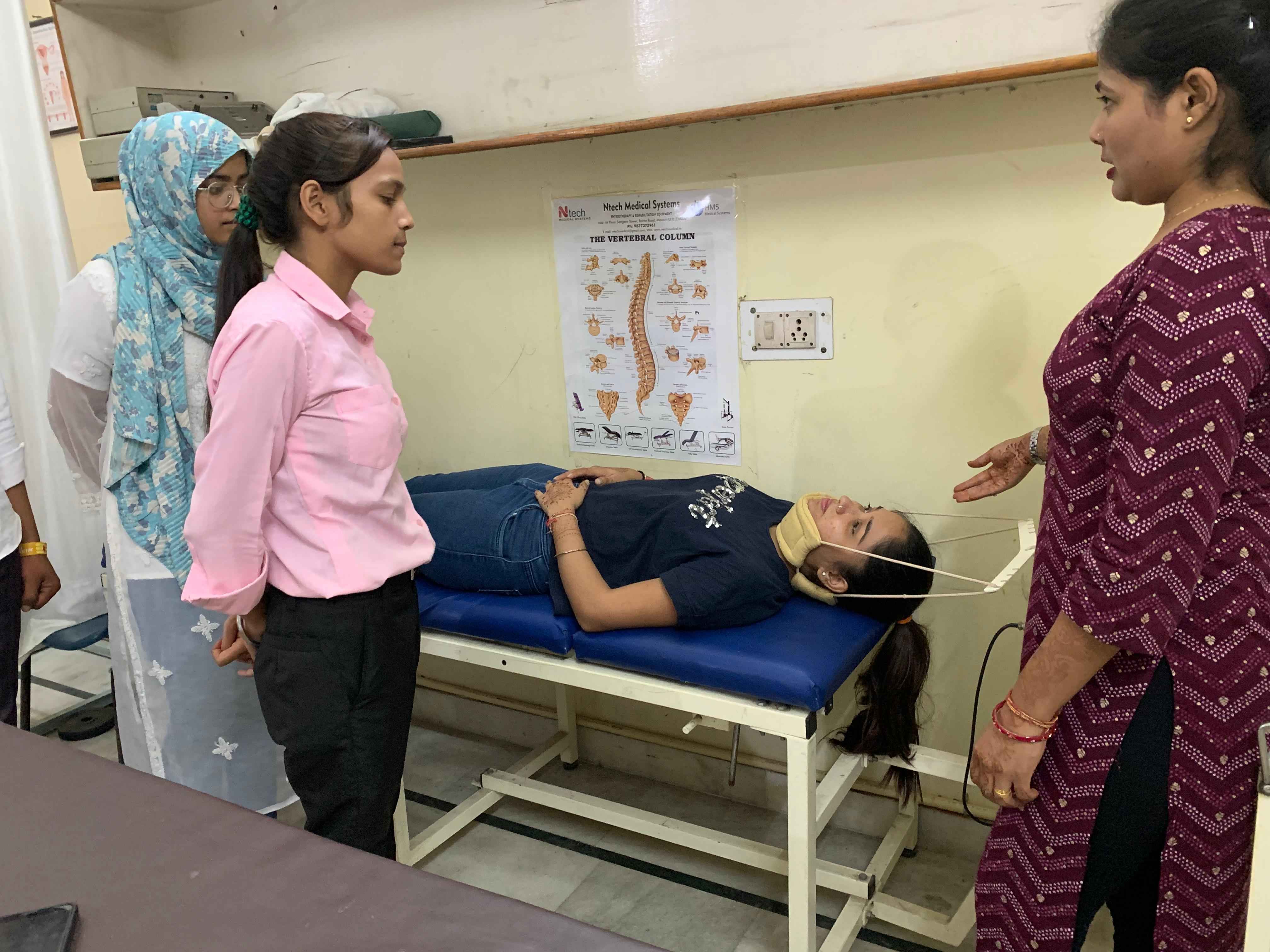

Medical Laboratory Technologist: Medical laboratory technologists perform various tests on patient samples, such as blood, urine, and tissue samples, to assist in diagnosing and treating diseases. They work in laboratories and play a vital role in providing accurate information to doctors.
Radiologic Technologist: Radiologic technologists operate imaging equipment like X-ray machines, CT scanners, and MRIs. They assist in diagnosing injuries and illnesses by producing high-quality images for doctors to analyze.
Respiratory Therapist: Respiratory therapists help patients with breathing problems, often those with chronic respiratory conditions like asthma or COPD. They administer treatments like oxygen therapy and breathing exercises to improve patients' lung function.
Occupational Therapist: Occupational therapists work with patients to help them regain or improve their ability to perform daily tasks and activities after injuries or illnesses. They create personalized treatment plans to enhance patients' independence and quality of life.
Physiotherapist: Physiotherapists, or physical therapists, help patients recover from injuries or surgeries by providing exercises, manual therapy, and other interventions to improve mobility and reduce pain.
Dietitian/Nutritionist: Dietitians and nutritionists offer guidance on healthy eating habits to promote overall well-being and manage various health conditions. They work in hospitals, clinics, or private practices.
Paramedic: Paramedics are highly trained emergency medical professionals who provide immediate medical care in critical situations. They respond to accidents, medical emergencies, and disasters, stabilizing patients and transporting them to hospitals.
Pharmacist: Pharmacists play a crucial role in healthcare by dispensing medications, providing medication counseling to patients, and ensuring the safe use of drugs. They work in pharmacies, hospitals, and other healthcare settings.
Speech-Language Pathologist: Speech-language pathologists work with individuals who have communication and swallowing disorders. They assess, diagnose, and treat these conditions, helping patients improve their ability to communicate effectively.
Optometrist: Optometrists are eye care professionals who examine and diagnose eye conditions, prescribe corrective lenses, and provide vision care. They play a vital role in maintaining good eye health.
Orthopedic Technician: Orthopedic technicians assist orthopedic surgeons in the treatment of musculoskeletal conditions and injuries. They may help with casting, splinting, and other procedures.
Cardiovascular Technologist: Cardiovascular technologists specialize in diagnosing and treating heart and vascular conditions. They perform various tests, such as echocardiograms and vascular ultrasounds.
These paramedical careers offer job security, competitive salaries, and opportunities for specialization and advancement. The demand for paramedical professionals continues to grow as the healthcare industry expands to meet the needs of an aging population. Moreover, these careers provide the satisfaction of making a meaningful difference in the lives of patients and contributing to the overall healthcare system. For individuals passionate about healthcare and interested in diverse career options, paramedical fields offer a promising and rewarding path.
